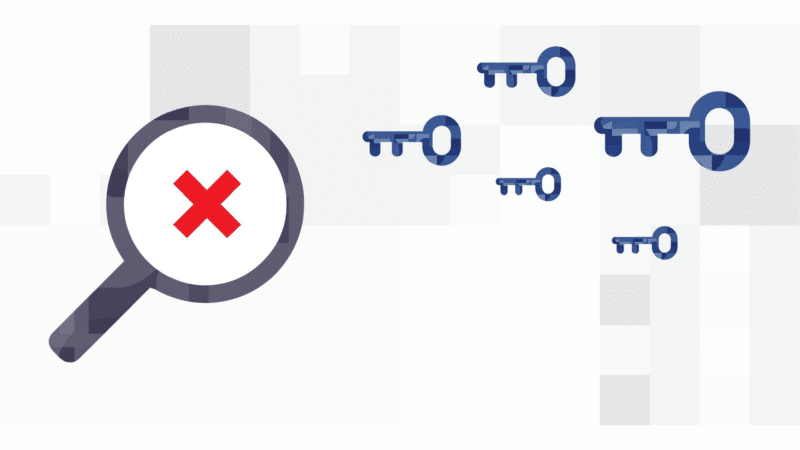
The Significance of Effective Negative Keyword Management in PPC Campaigns
In the dynamic world of digital marketing, managing wasted ad spend in Pay-Per-Click (PPC) campaigns is a critical concern for marketers. One effective strategy to mitigate waste is the implementation of a robust negative keyword strategy, which can significantly enhance ad targeting. Businesses that proactively manage negative keywords can not only maximize their return on investment (ROI) but also improve the overall performance of their marketing campaigns.
Before launching an ad campaign, it is paramount to prepare a comprehensive list of negative keywords. This proactive approach ensures that campaigns are shielded from irrelevant searches right from the start. Many industries have established lists of common irrelevant keywords, which can be used to prevent wasted clicks. Tools such as Google Ads Keyword Planner, AI-driven search platforms like Google or ChatGPT, and specialized third-party keyword research tools are crucial in identifying potential negative keywords and adapting strategies accordingly.
Strategically blocking negative keywords is essential to streamline ad reach. Techniques such as N-gram Analysis can pinpoint single words that should be excluded from multiple search terms, thereby refining audience targeting. For instance, if a local business operates solely in Houston, blocking “Dallas” will eliminate unnecessary clicks from users searching in that area. Additionally, employing multiple-word negative keywords can further enhance targeting accuracy. It is advisable to enclose these phrases in quotes to ensure precise exclusions.
Proactive management of negative keywords extends beyond initial setup; marketers must anticipate variations that could adversely affect campaign performance. For example, if an air conditioning repair service inadvertently shows up in job-related searches, adding terms such as “careers” or “certifications” to the negative keyword list will help filter out irrelevant traffic. This preventative measure ensures the ads reach the intended audience while saving the advertising budget.
Efficiency can also be enhanced through the use of shared negative keyword lists across multiple campaigns. Utilizing the shared library feature in Google Ads enables businesses to streamline keyword management processes, preventing the need to manage lists for each individual campaign. This method not only saves time but also ensures that consistent negative keywords are employed across different marketing efforts.
Maintaining a readily accessible spreadsheet of commonly used negative keywords serves as a valuable resource during the launch of new campaigns. This practice is especially beneficial for agencies that manage multiple client accounts, as it helps create a master list of industry-specific negative keywords for consistent application. By adhering to these strategies, advertisers can effectively reduce wasted ad spend while optimizing their budgets and improving ROI.
Incorporating effective link management strategies, such as using URL shorteners, becomes imperative for enhancing tracking capabilities in PPC campaigns. Short links can streamline analytics, allowing advertisers to measure the performance of their ads more efficiently. Moreover, custom domains for link shortening bolster brand recognition and trust, making them a crucial tool in the digital marketing arsenal. By leveraging tools like Link Shortener and tiny URL, marketers can gain deeper insights into user interaction and optimize their outreach efforts.
As digital marketing evolves, the ability to manage negative keywords effectively stands out as a vital skill. By implementing these strategies, businesses can ensure that their ads resonate with the right audience, thereby maximizing campaign efficacy. The journey toward optimizing digital advertising begins with the appropriate management of negative keywords, setting the stage for successful PPC campaigns.
Keywords: URL Shortener, Link Shortener, Short link management, custom domain, short link maker, tiny link, tiny URL.
Hashtags: #BitIgniter #LinksGPT #UrlExpander #UrlShortener #DigitalMarketing #PPC #KeywordManagement
Want to know more: https://searchengineland.com/negative-keywords-ppc-449123

